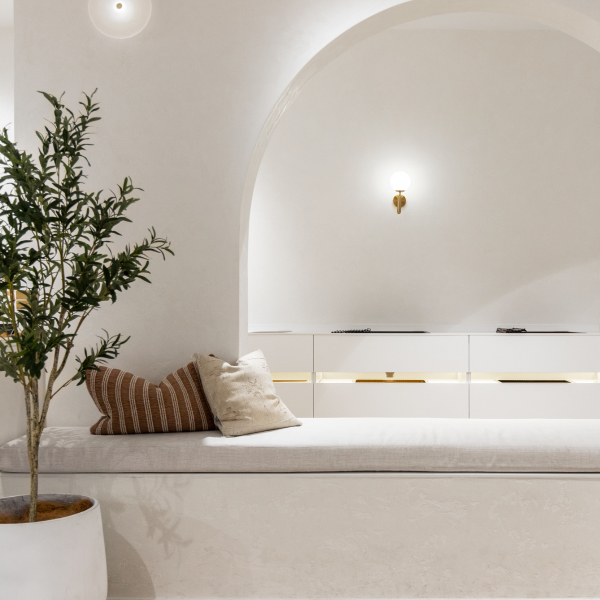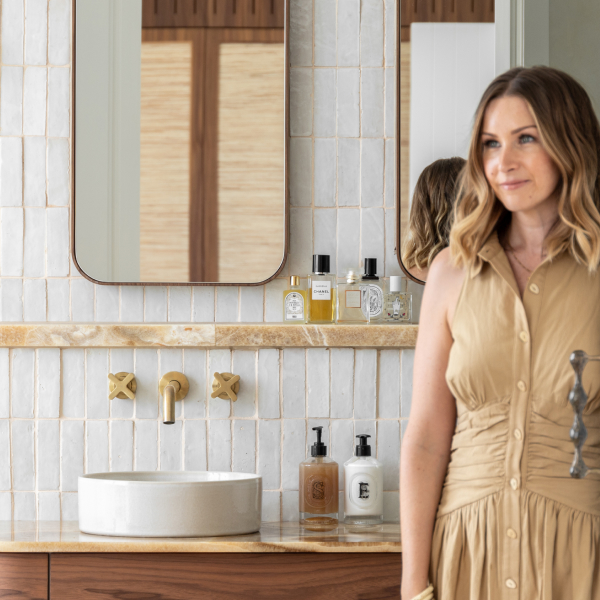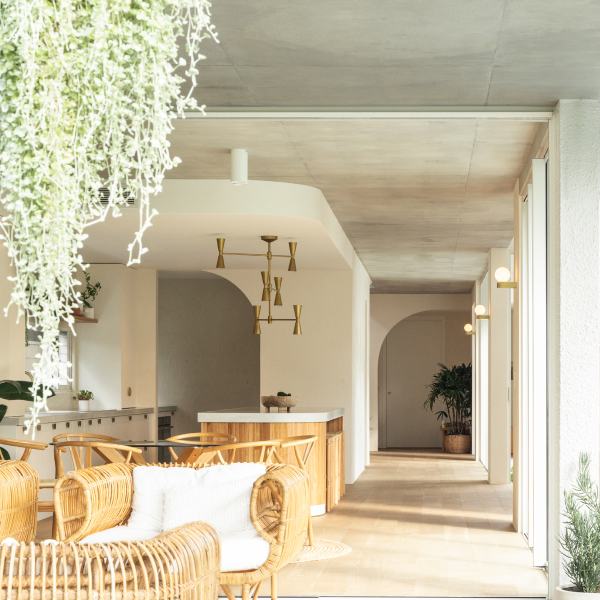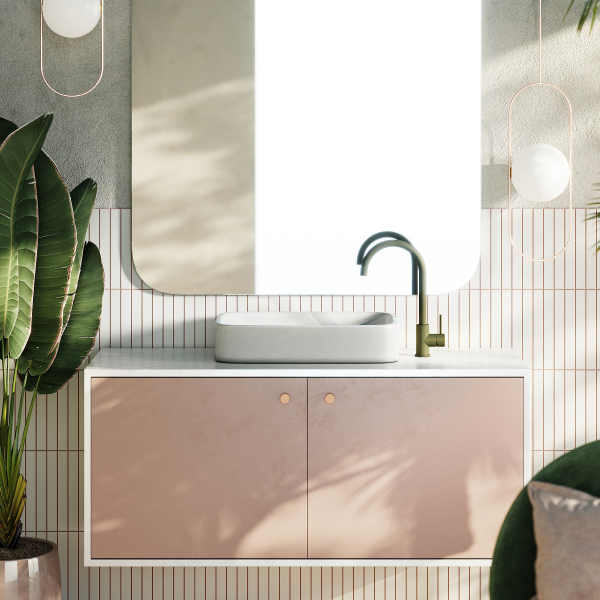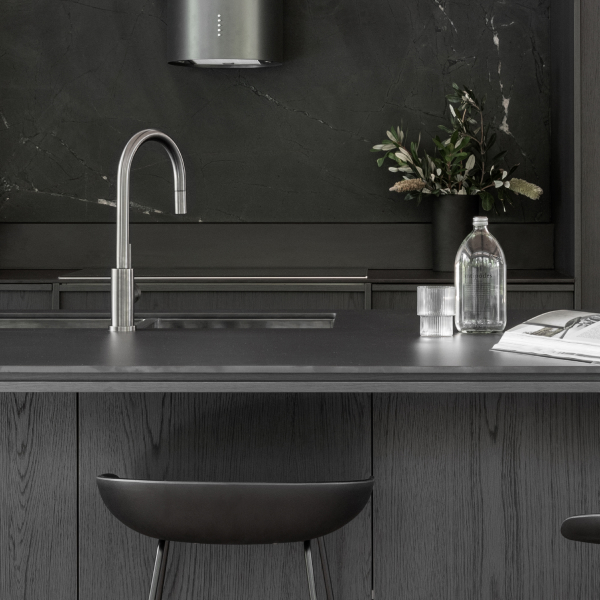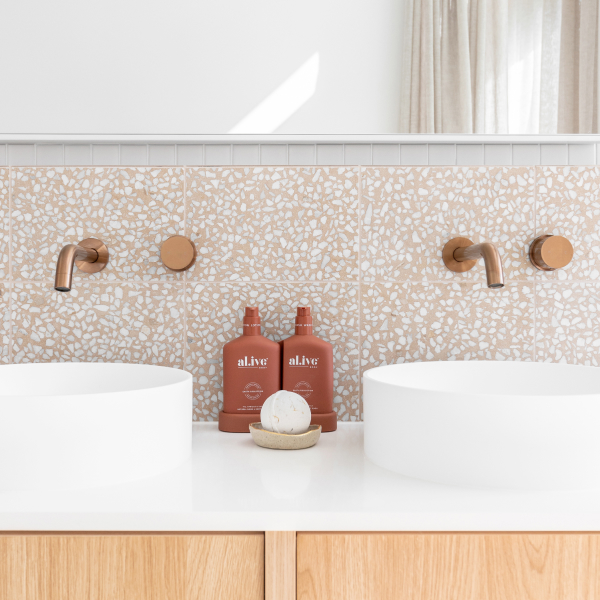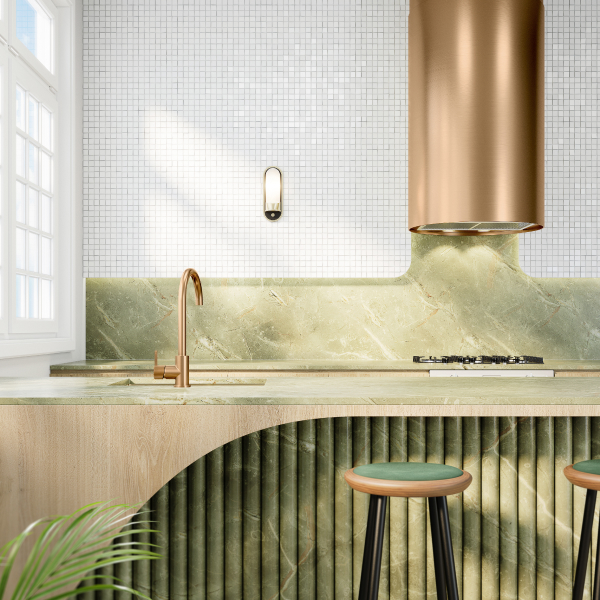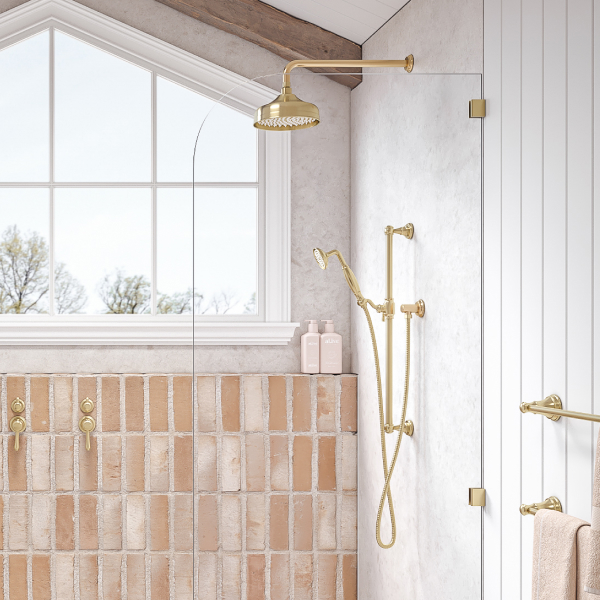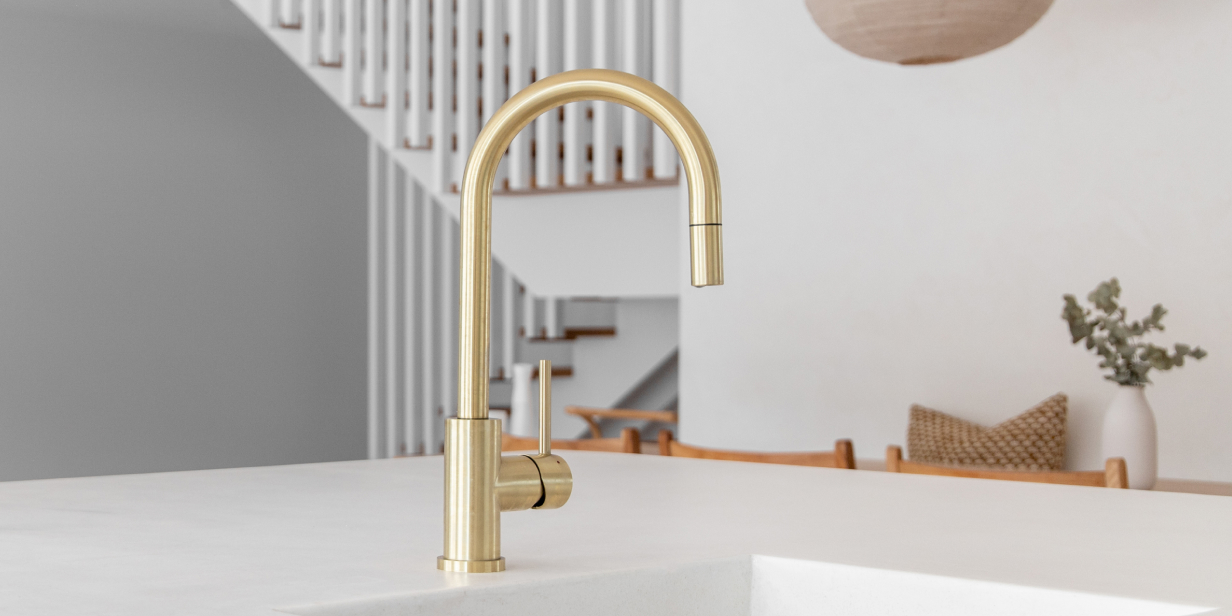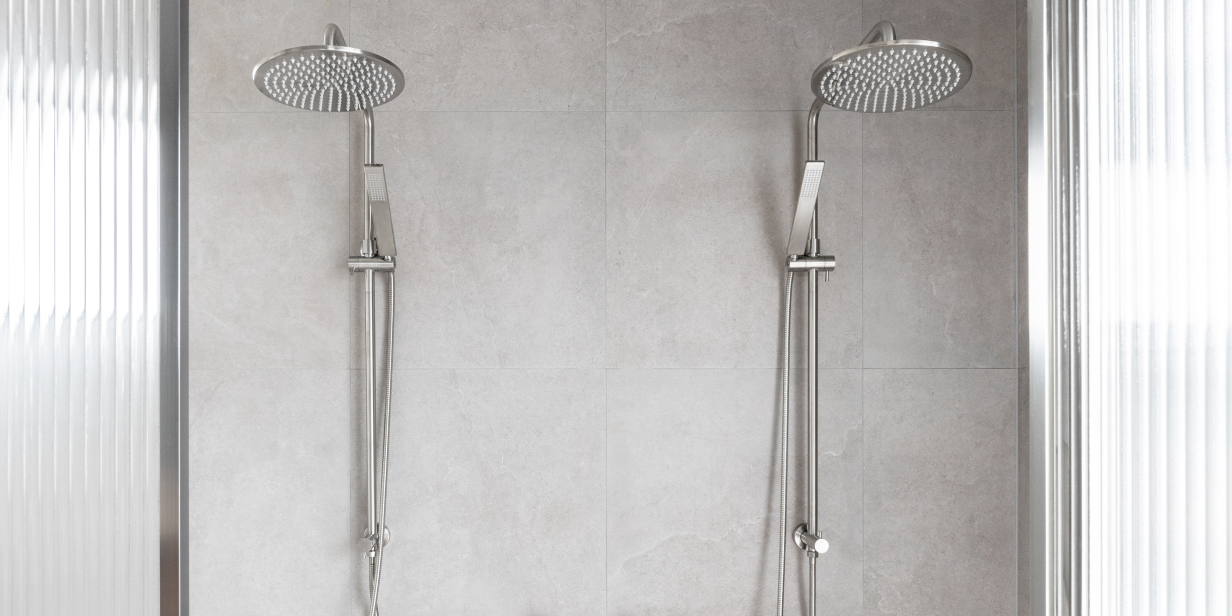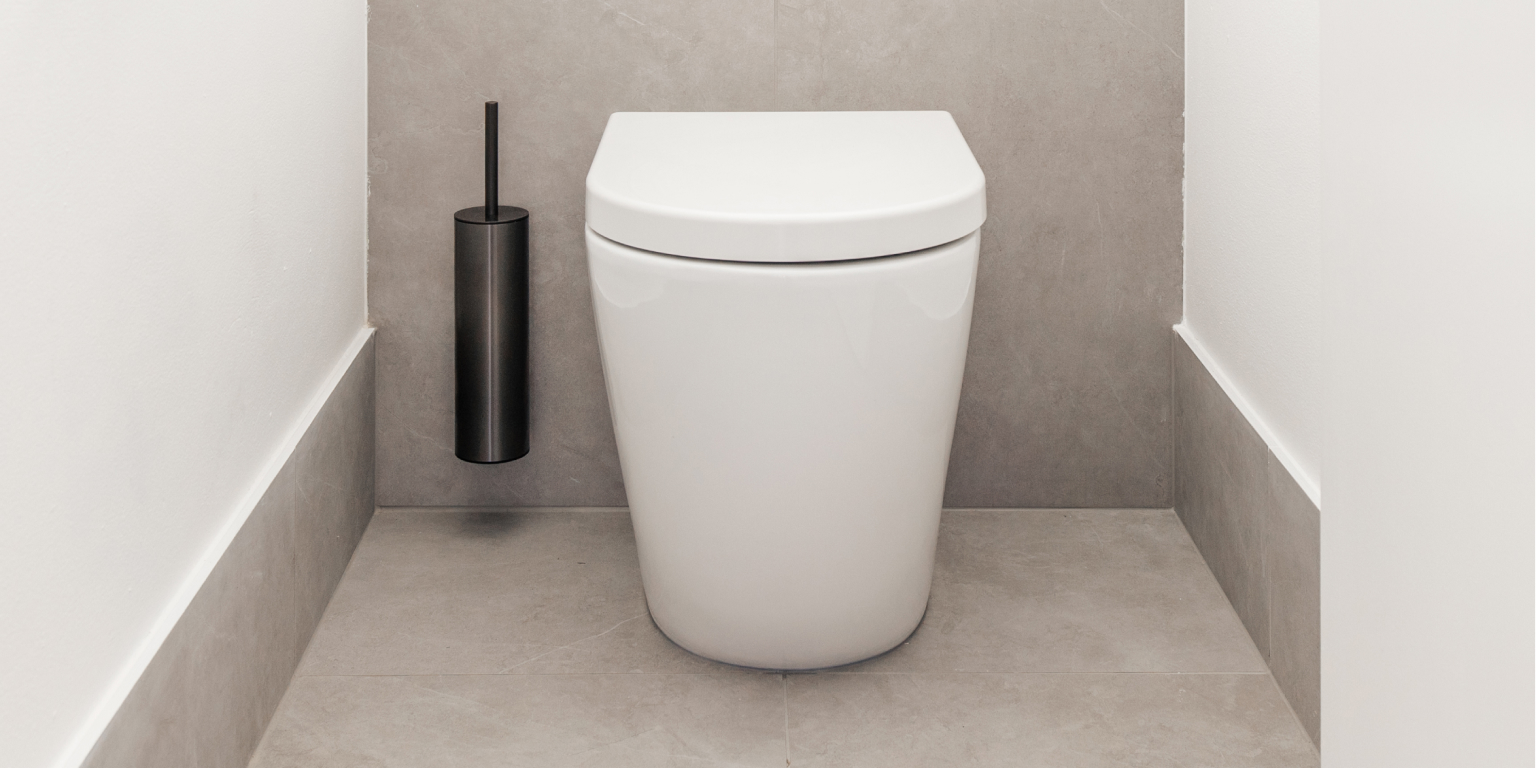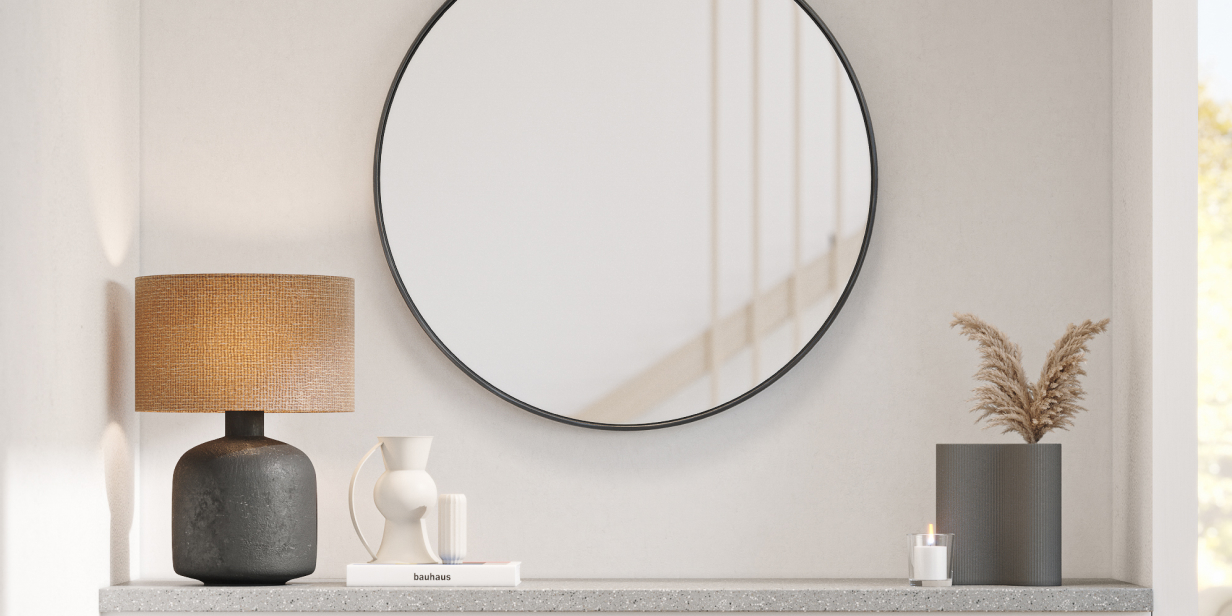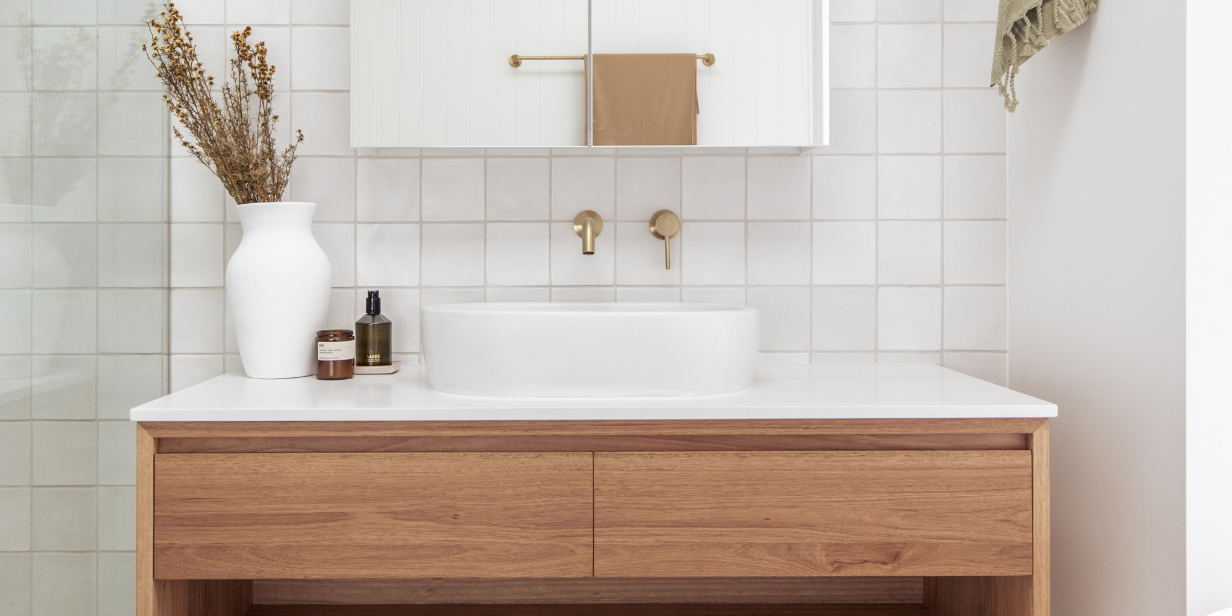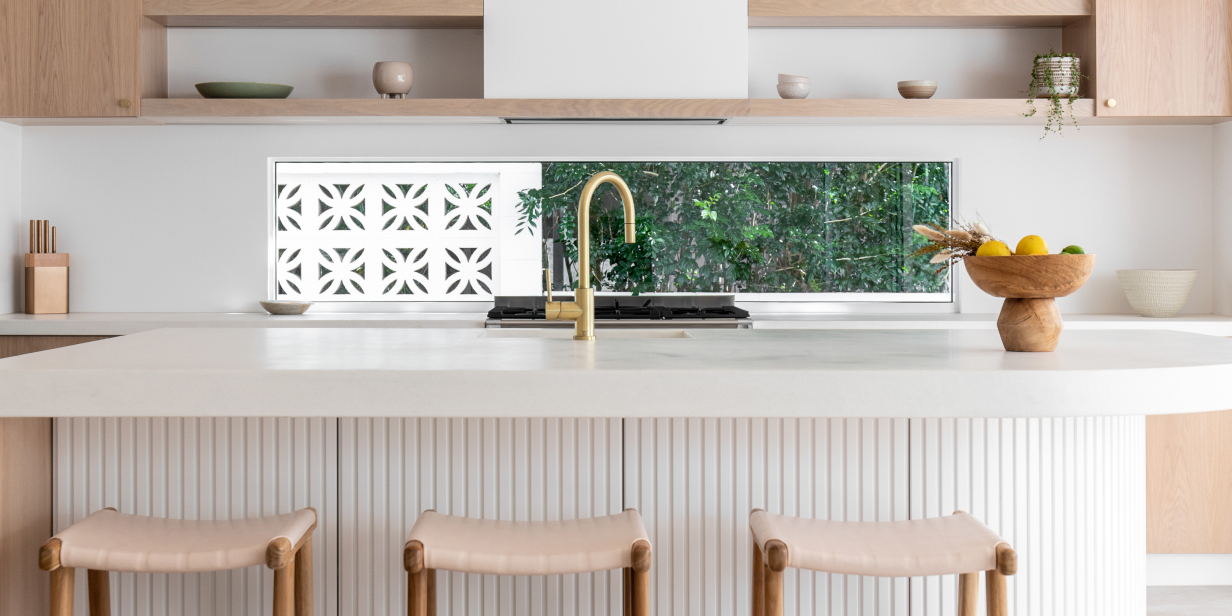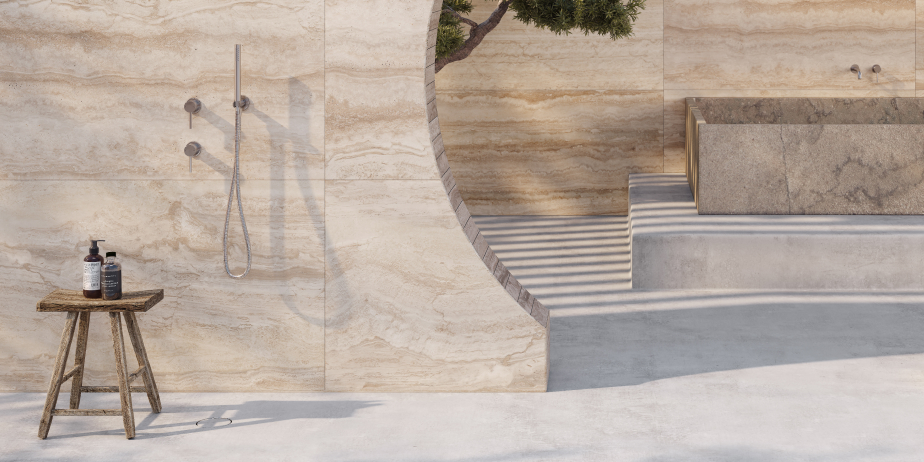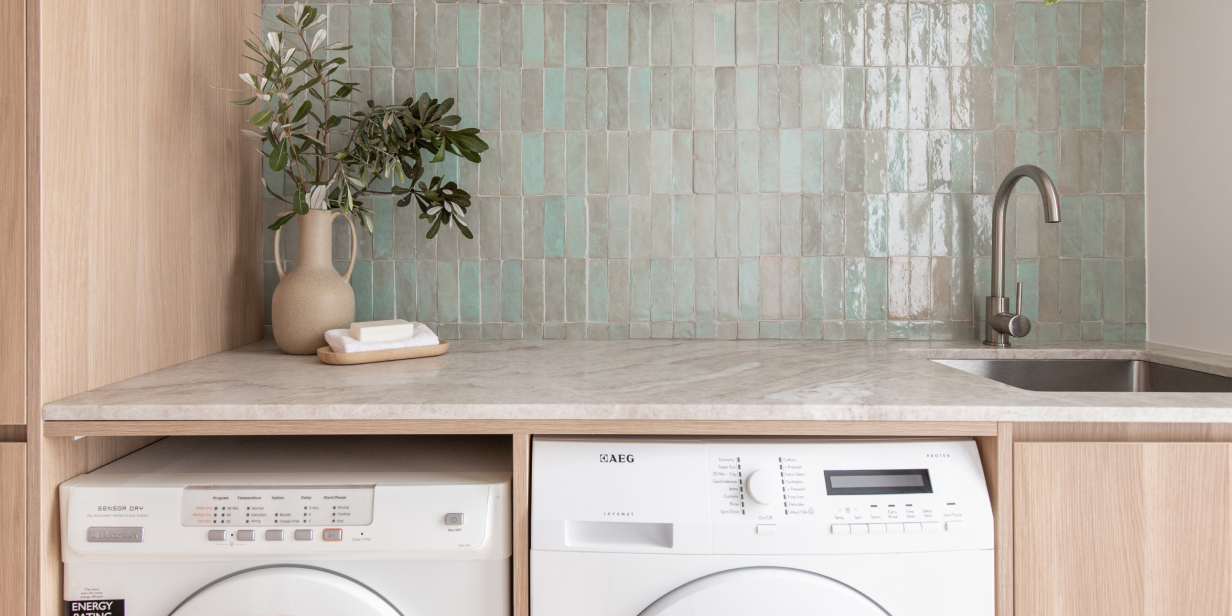The Right Questions to Ask an Architect
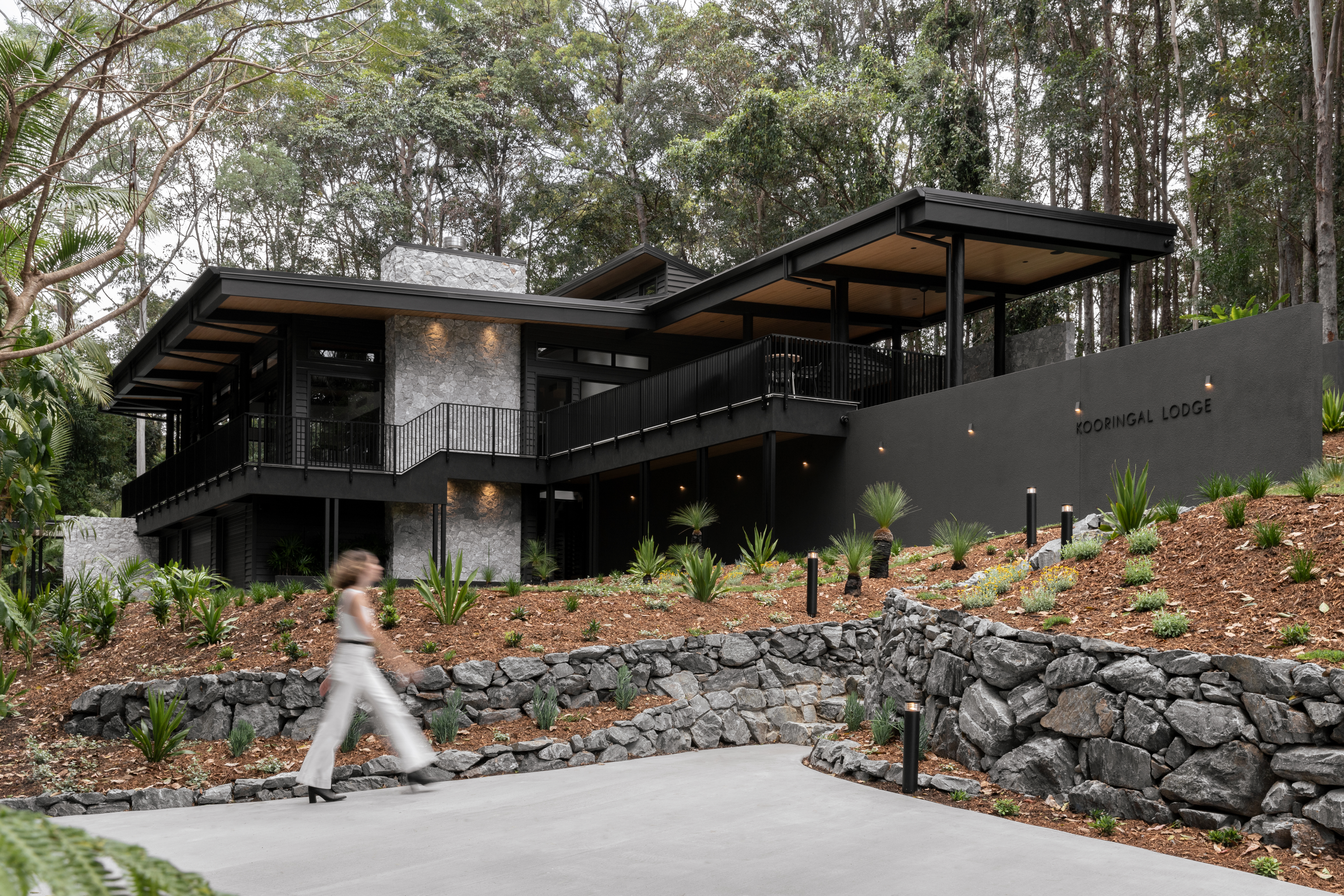
Architects can play a crucial role as trusted advisors when undertaking a new project or renovating your current residence. However, it's essential to understand their responsibilities and what you can anticipate from their services.
To help you make the most of your project, we asked the experts to address some frequently asked questions and provide some insights into what you can anticipate from working with an architect.
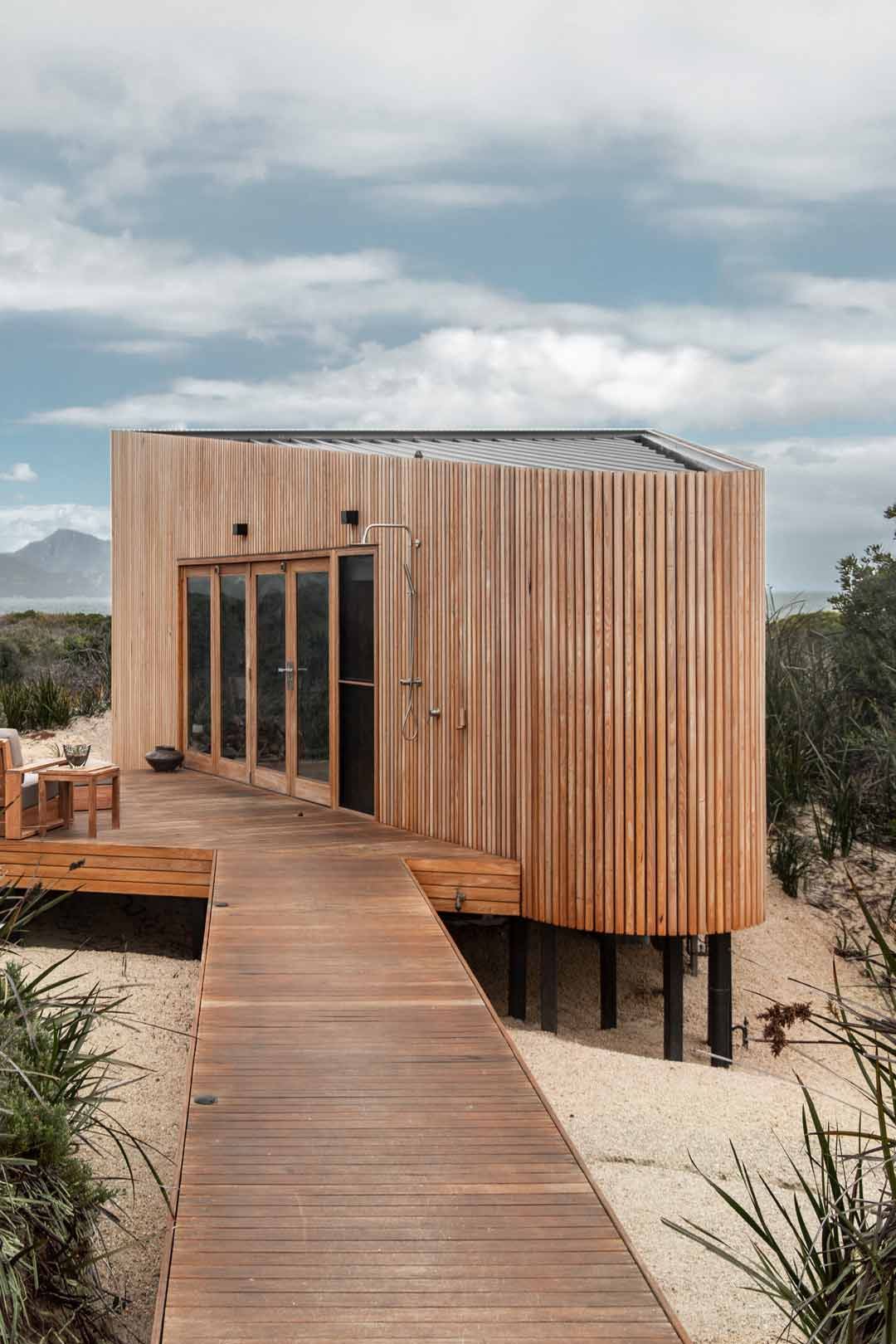
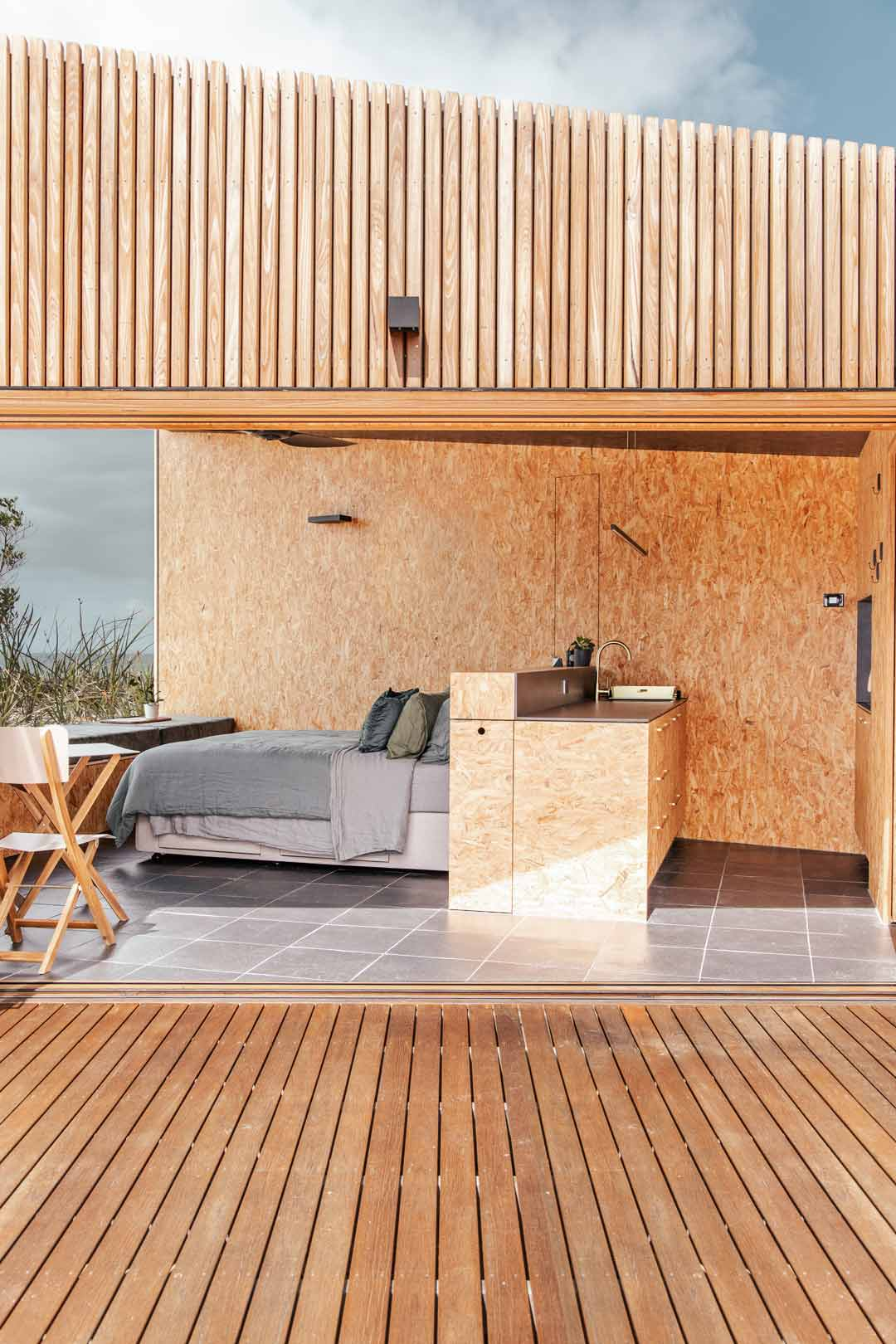
To understand what to expect from an architect, you first must understand what an architect actually is.
An architect is a trained and licensed professional who designs buildings and oversees their construction. Architects often work on various projects, including residential homes, commercial buildings, schools, hospitals, and public spaces. They can also specialise in specific types of architecture, such as sustainable design, historic preservation, or urban planning.
Their work involves a wide range of tasks. This includes:
– Conceptualising designs
– Developing blueprints and construction documents
– Collaborating with clients and other professionals (such as engineers and contractors),
– Obtaining necessary permits
– Overseeing the construction process to ensure that the project is executed according to the design plans and specifications
– Adhering to building codes, regulations, and environmental considerations.
How Much Does an Architect Cost?
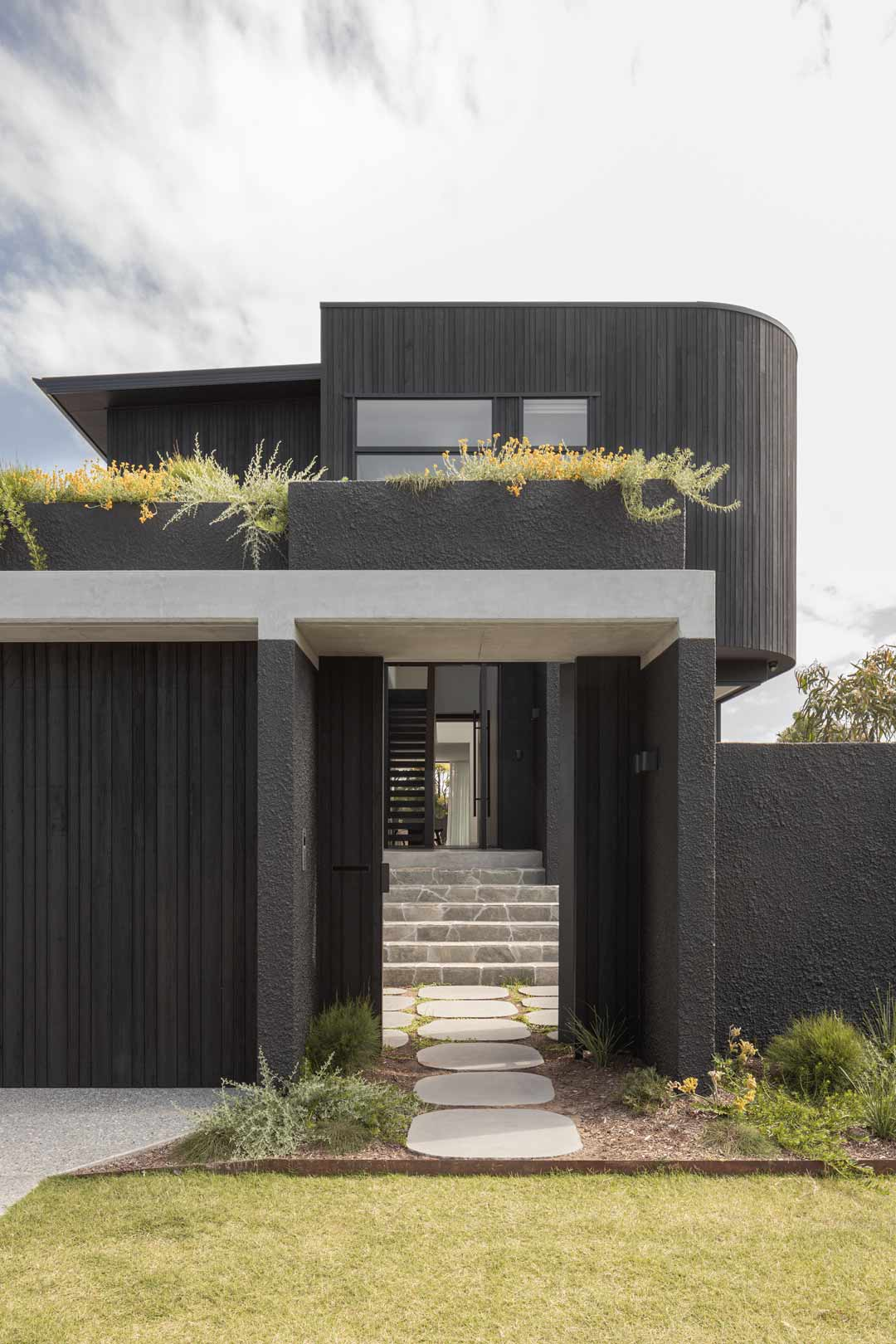
According to Audrey Whisker, Principal Architect at Whisker Architecture, the cost of hiring an architect depends on the project's scope and complexity. Generally speaking, most architects will charge around 5% to 8% of total construction costs. However, Audrey recommends filling out a Masterplan Report to get the most accurate estimation.
“The best way we've found to manage client budgets is by confirming the scope and budget of a project as early as possible with a comprehensive feasibility study,” says Audrey.
A Masterplan Report outlines any architectural inspiration, site characteristics, family needs, and budget considerations. It can be so detailed to include site analysis, inspiration images, spatial diagrams, and an estimated cost opinion. So, to get the best estimate possible, ask your architect if they have their own Masterplan Report or something similar.
Building Designer vs Architect: Which One is Right For You?
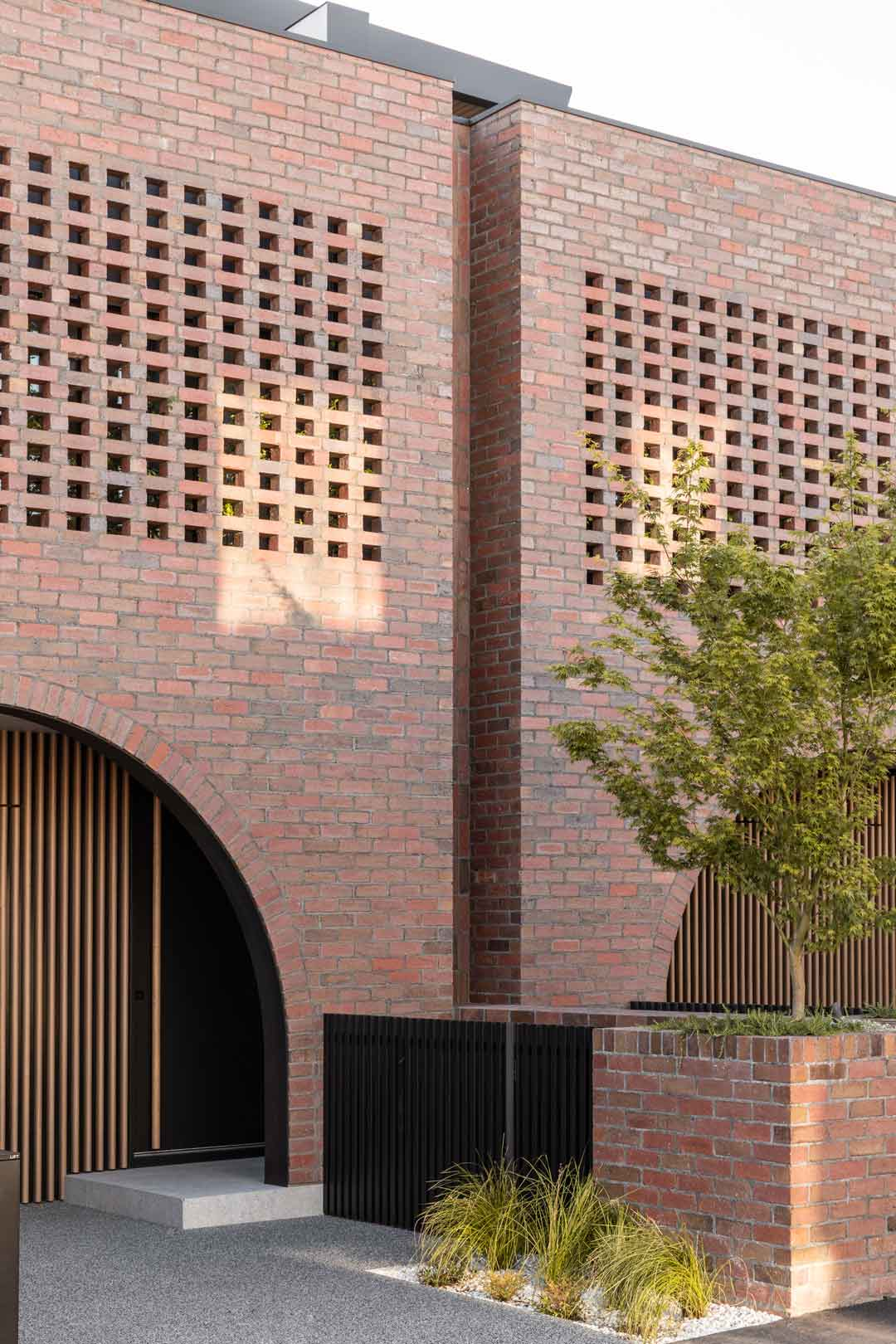
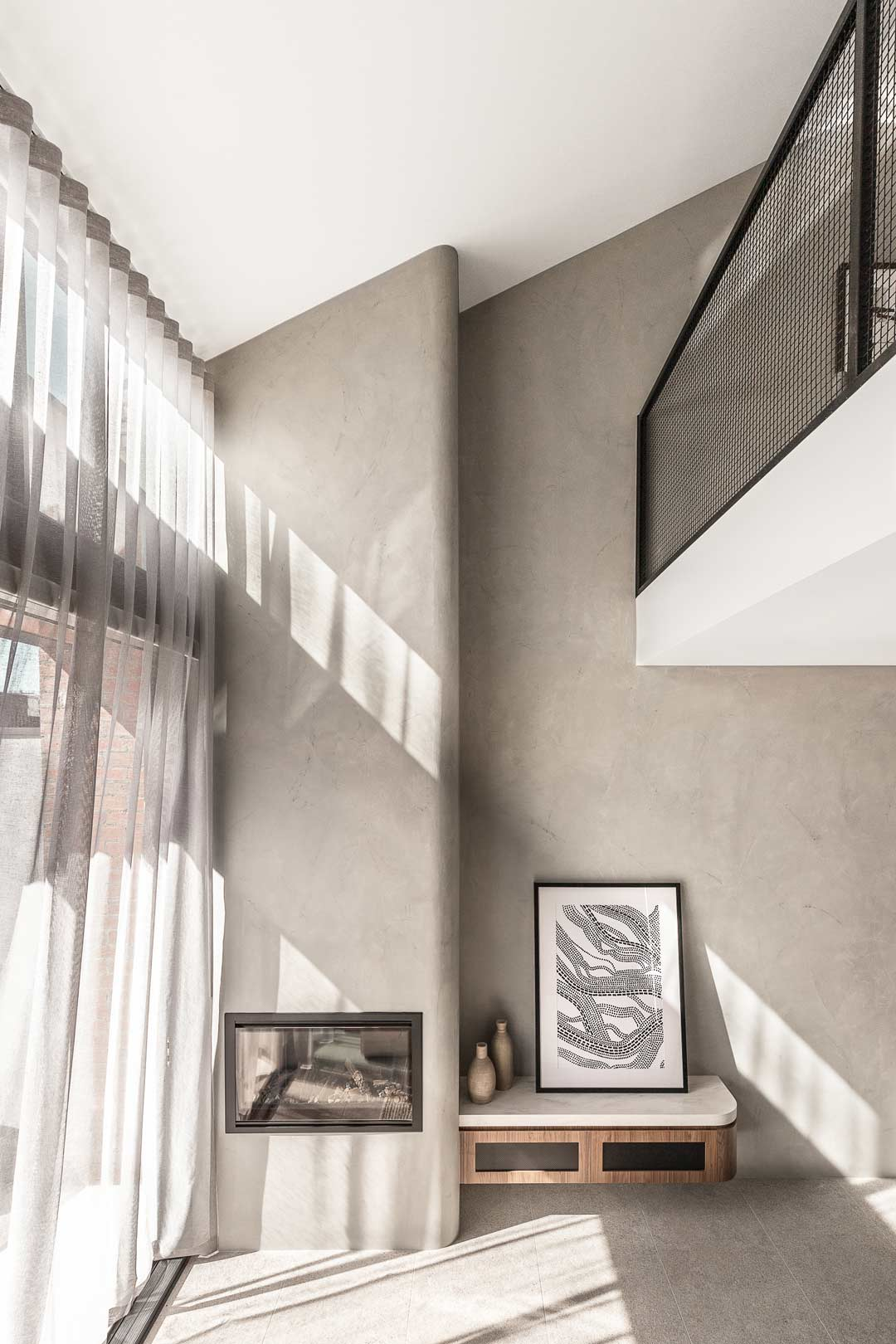
The primary difference between a building designer and an architect is their education, training, and professional responsibilities.
Architects undergo extensive formal education, internships, and licensing exams, enabling them to handle all aspects of the design and construction process, prioritise public safety, and ensure compliance with building codes. They possess comprehensive architectural principles, structural systems, and project management expertise.
On the other hand, building designers may have varying levels of education and training and typically focus more on the design aspect of projects, generally lacking the same level of expertise in areas like structural engineering and legal responsibilities related to public welfare.
Choosing a building designer over an architect may be preferred for budget-conscious projects or when seeking personalised design approaches.
Alternatively, you should opt for an architect over a building designer when seeking comprehensive expertise, adherence to stringent building codes and regulations, and focusing on projects requiring complex design solutions or structural considerations. Architects typically offer a broader range of services and a deeper understanding of architectural principles, making them well-suited for projects prioritising technical precision and professional oversight.
Can an Architect Be a Construction Manager?
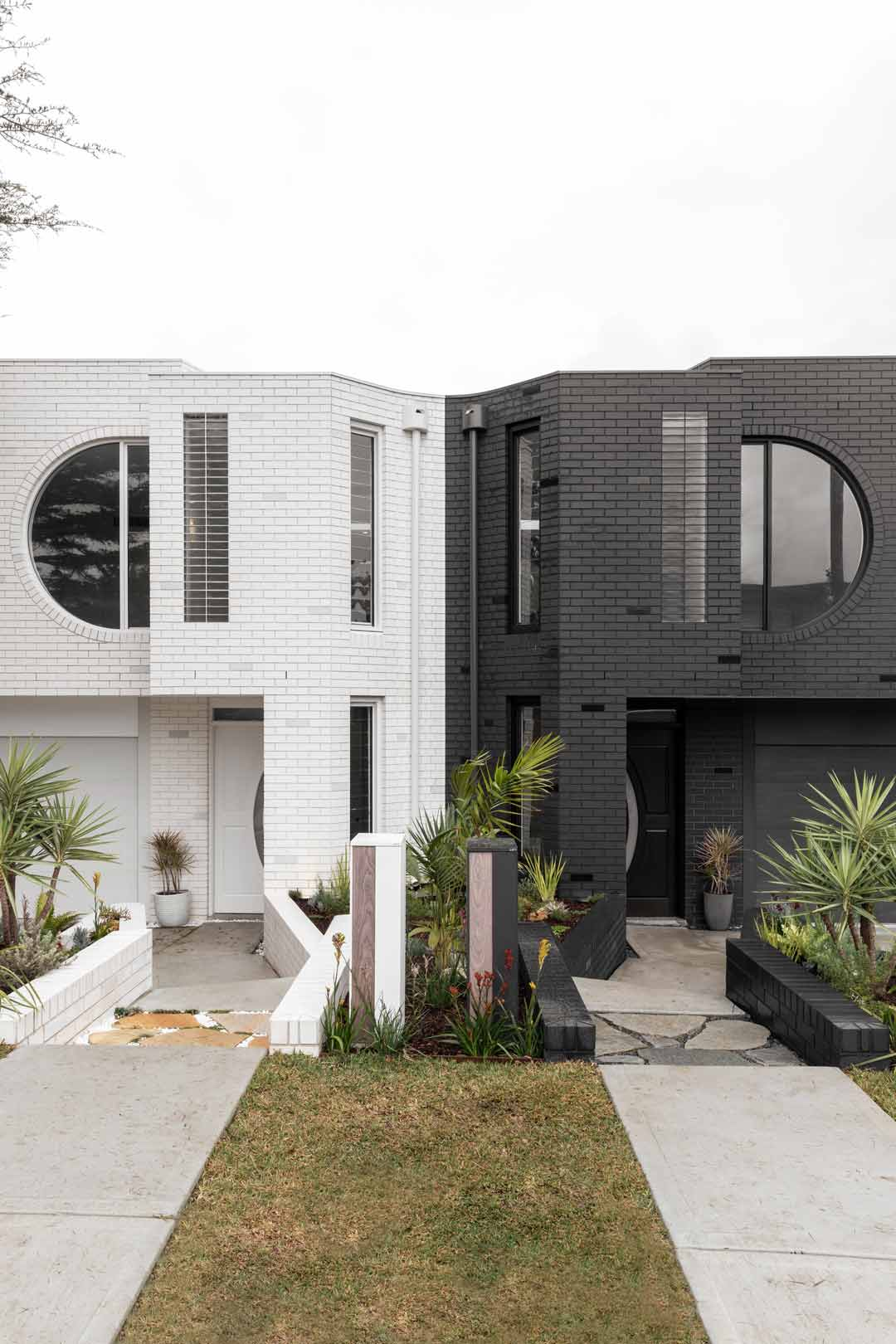
“Architects are not typically construction managers as that triggers different licensing and insurance requirements,” says Audrey.
“However, it's essential to clarify that while some architects may offer these additional services, the level of expertise can vary. Clients should choose professionals based on their specific project requirements.”
Can an Architect Be a Builder?
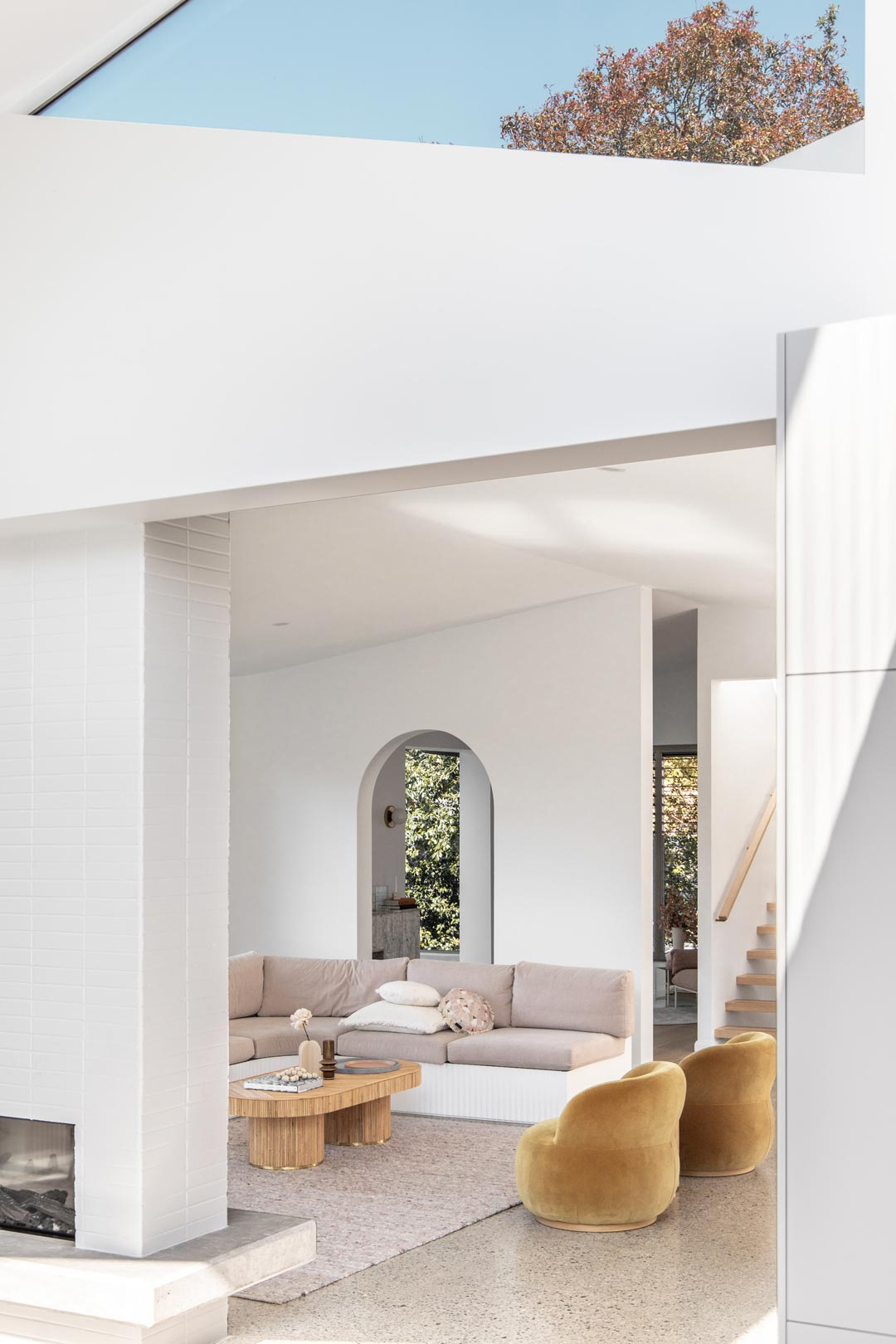
While there have been cases where architects have experience or qualifications in construction management or building contracting, allowing them to oversee or even participate in the construction process, architects with ample building experience and qualifications are less common. As Audrey recommended previously, always hire a professional based on their requirements and experience.
Can I Design My Own House Without an Architect?
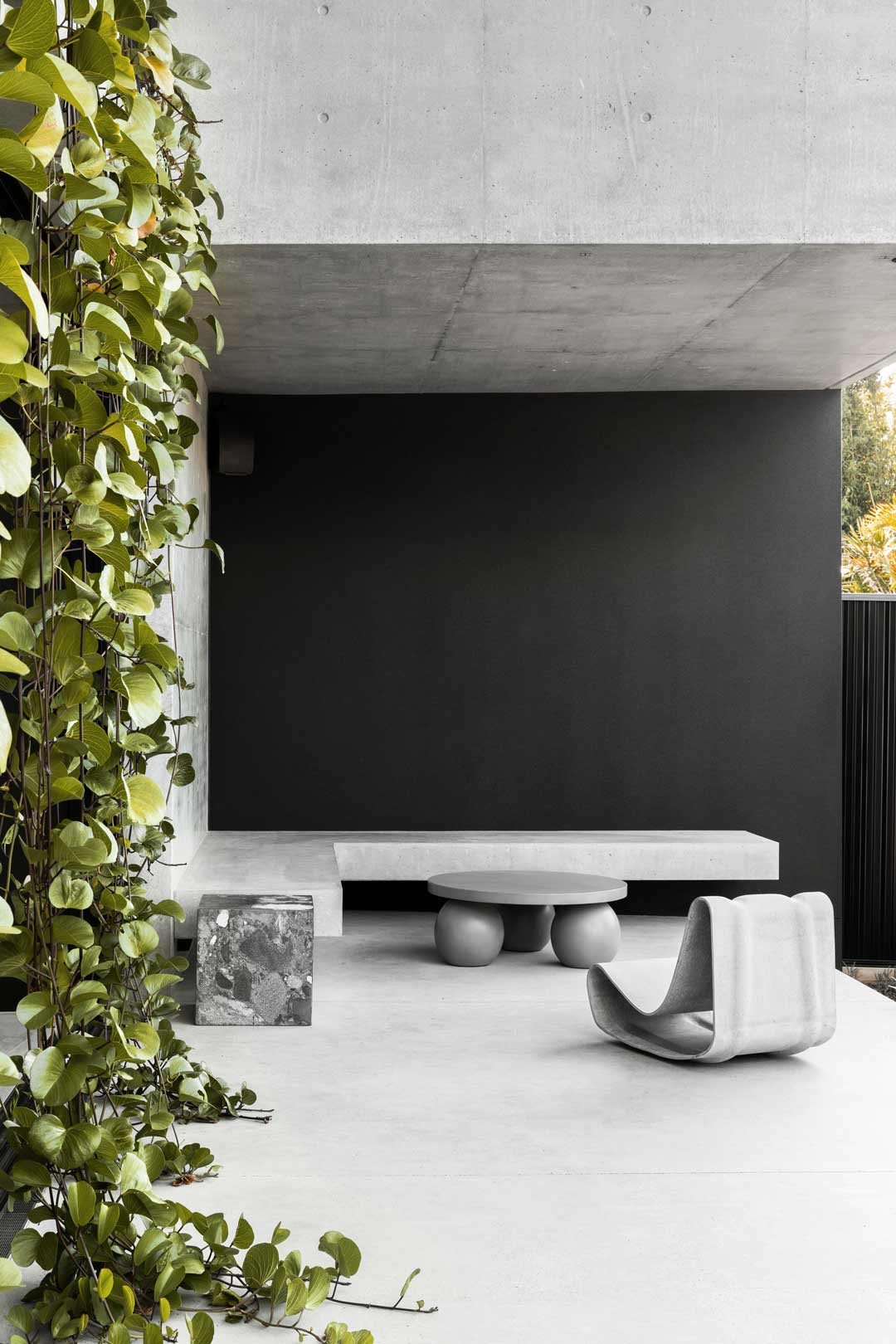
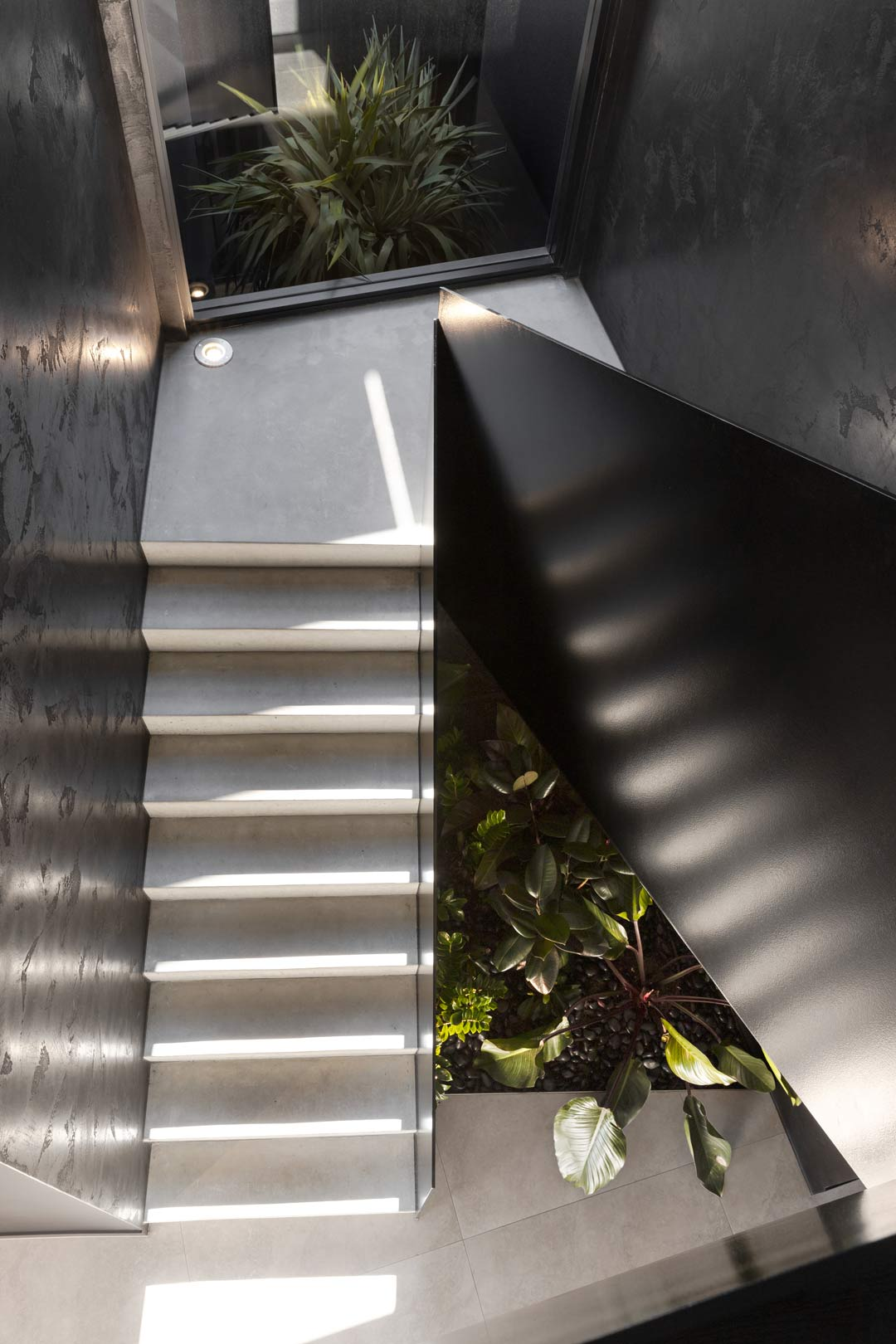
“While it's technically possible to build a home without an architect, it's advisable to stress the immense value architects bring to the table,” says Audrey.
“Architects not only contribute to the aesthetic and functional aspects of a design but also navigate regulatory hurdles, ensuring the project meets quality standards. Collaborating with an architect enhances the overall success and satisfaction of the project.”
Can Architects Do Interior Design?
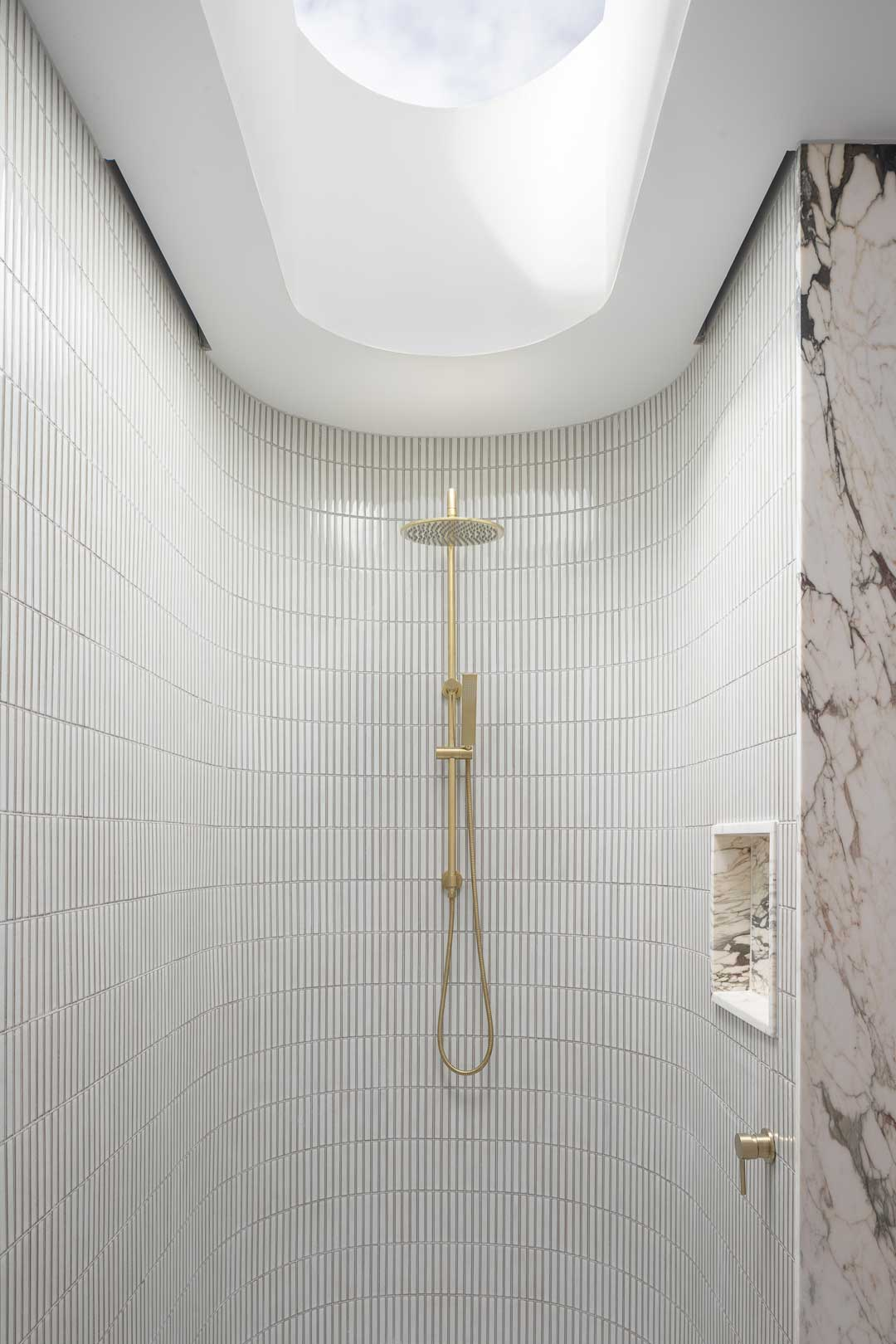
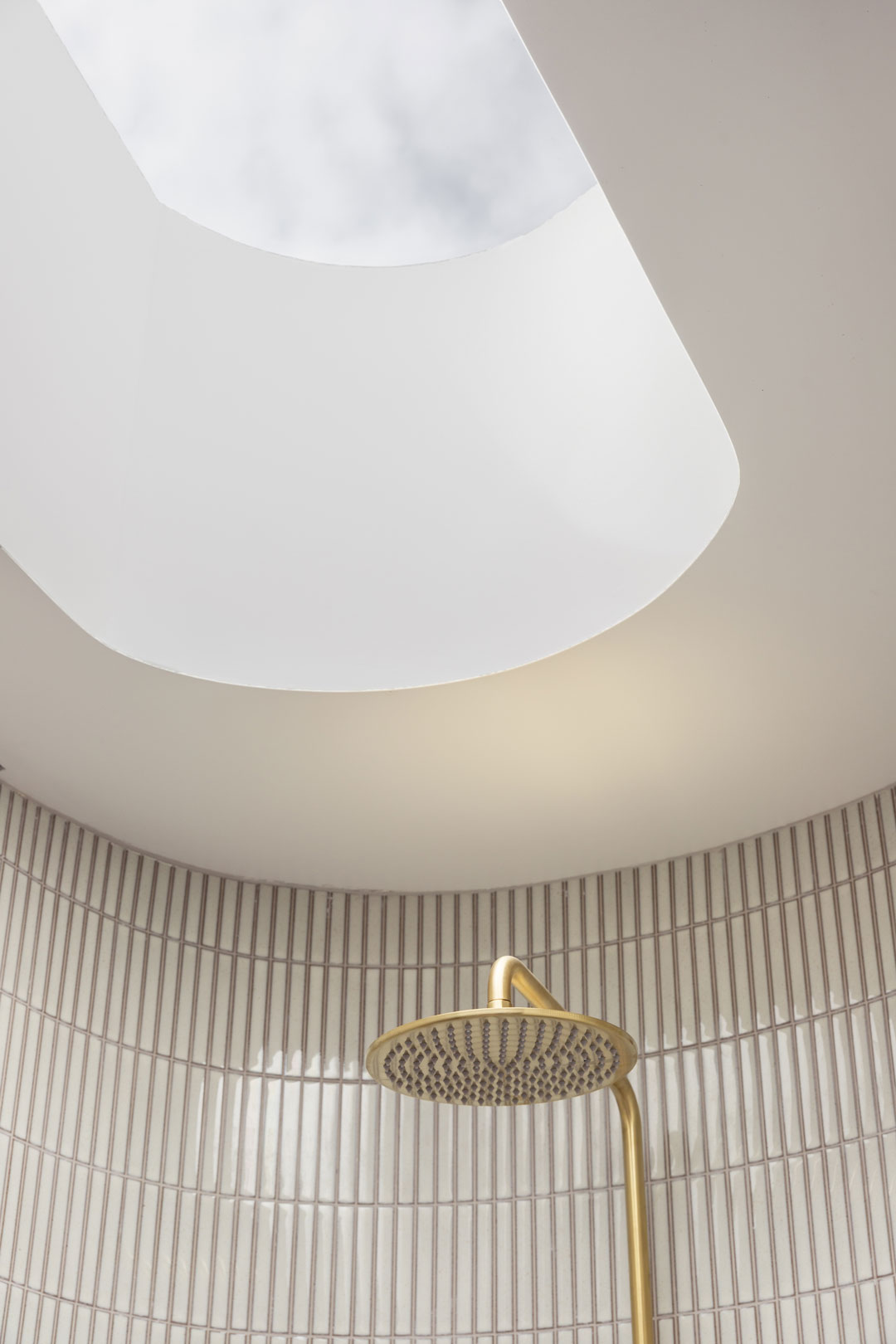
Yes, architects can often incorporate interior design elements into their work. While their primary focus is on the overall design and structure of a building, many architects also possess skills in interior design or work closely with interior designers, as it’s a natural progression from their expertise in exteriors. However, the extent to which an architect engages in interior design may vary depending on their training, experience, and the project's specific requirements.
Further Questions to Ask Your Architect:
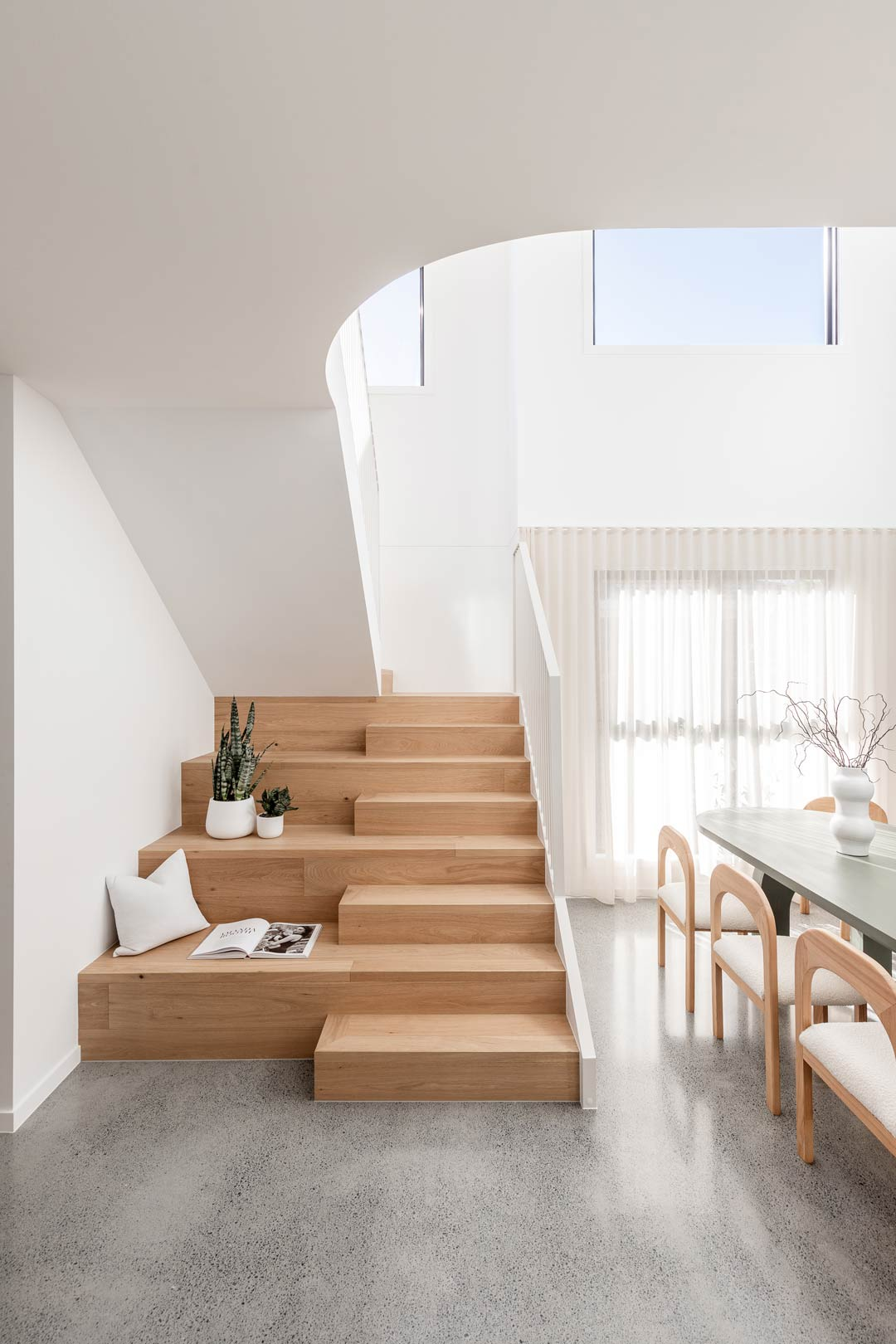
From the initial consultation with your architect regarding project planning to the final stages of completion, it's crucial to understand every phase of your building process to maximise the value of your architect's services.
When choosing your architect, Emma Holmes, architect and founder of Formery, a boutique architectural and interior design studio, recommends prioritising inquiries about registration status, insurance coverage, and past client references to ensure credibility and suitability for your project's needs. Familiarise yourself with their relevant experience in similar projects, including building types and project sizes — you can even ask to see their portfolio or relevant projects for design inspiration.
Additionally, Emma suggests inquiring about their supplementary skills, such as 3D rendering or interior design capabilities, and discussing their fee structure to assess the scope of their services beyond the primary job.
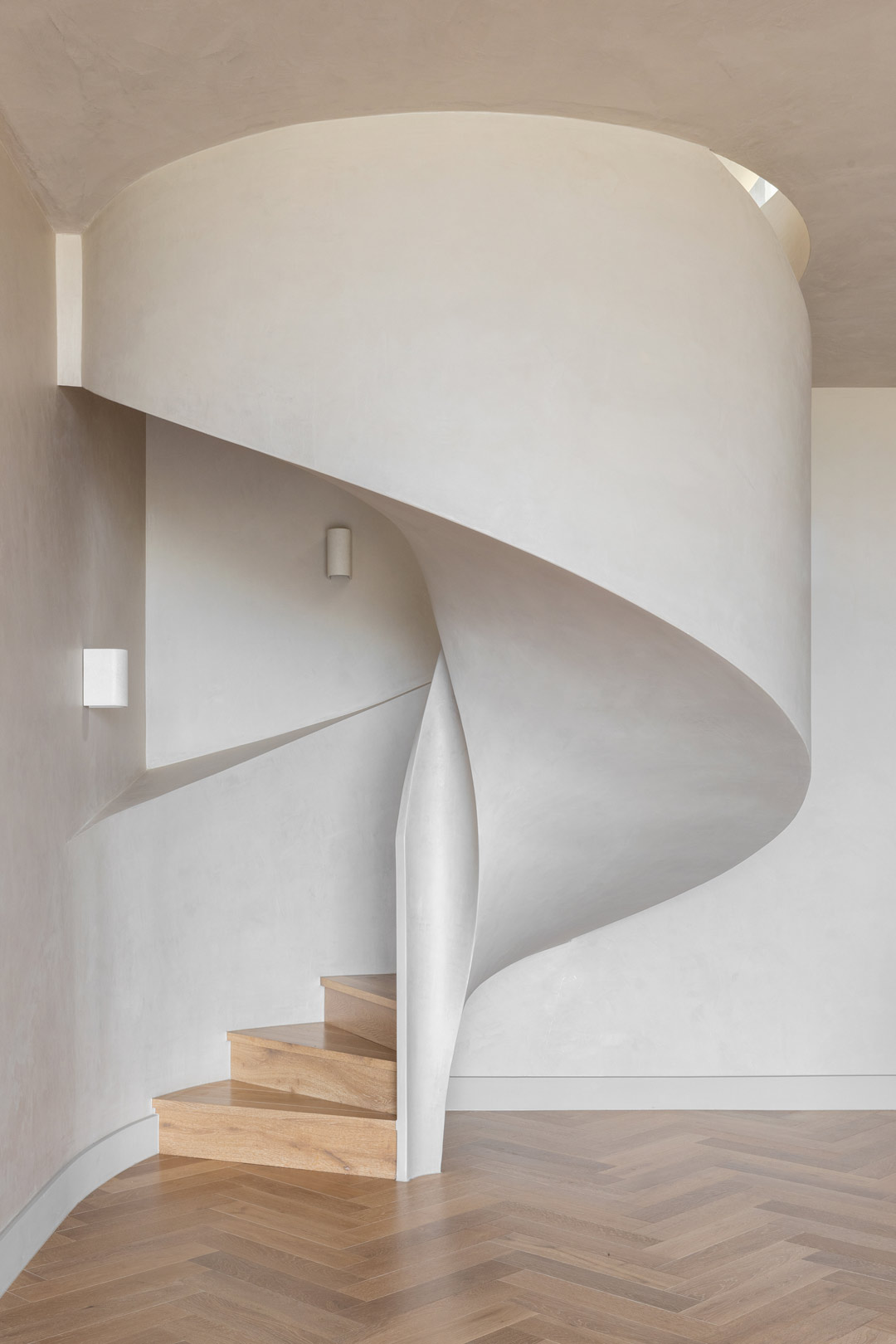
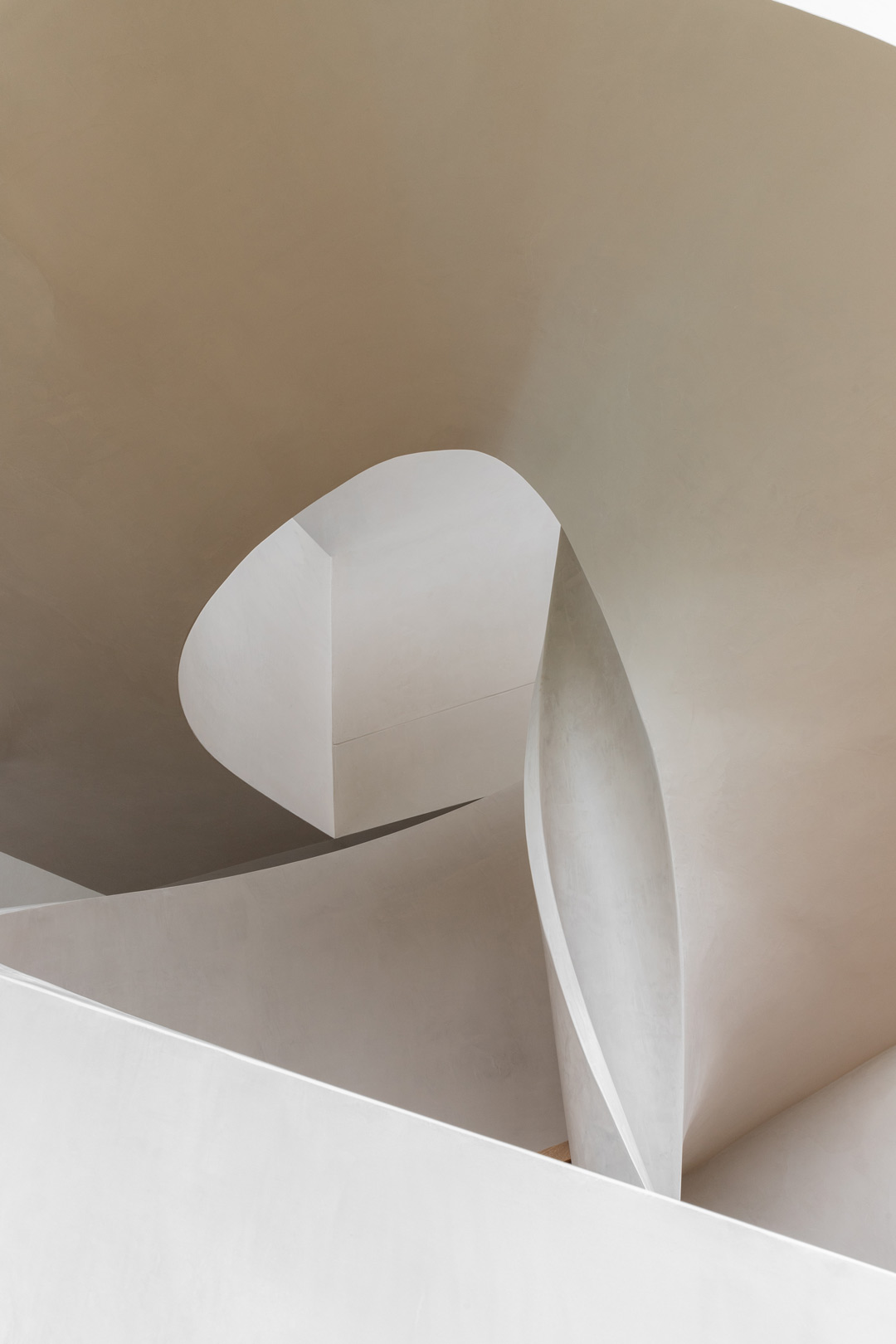
It’s also essential to establish your main point of contact within their team and discuss project specifics, including site opportunities, constraints, budget alignment, level of client involvement, and commitment to sustainable design practices. This is also a great time to address town planning requirements, if applicable, as well as potential construction delays and any additional costs or contingencies to consider.
Lastly, Emma suggests clarifying the process for project handover, defect resolution, and post-project support, including any pending tasks before occupancy, to ensure you have the smoothest transition possible.
Whether starting a new construction project or updating an existing one, grasping what an architect offers and asking some of the questions outlined here is vital for its success and can prevent potential headaches down the line.
Want to know more about interior design and architecture? Make sure to read Our Top Interior Design Trends for 2024
